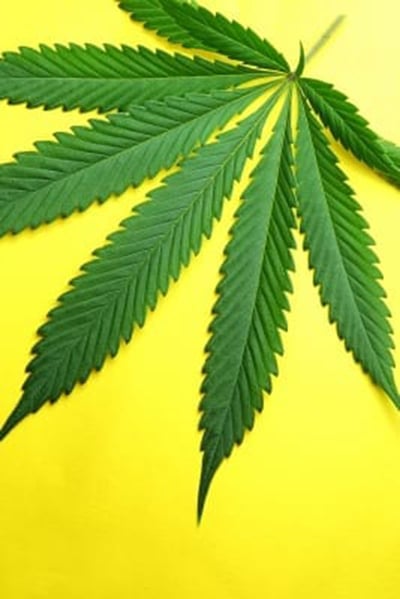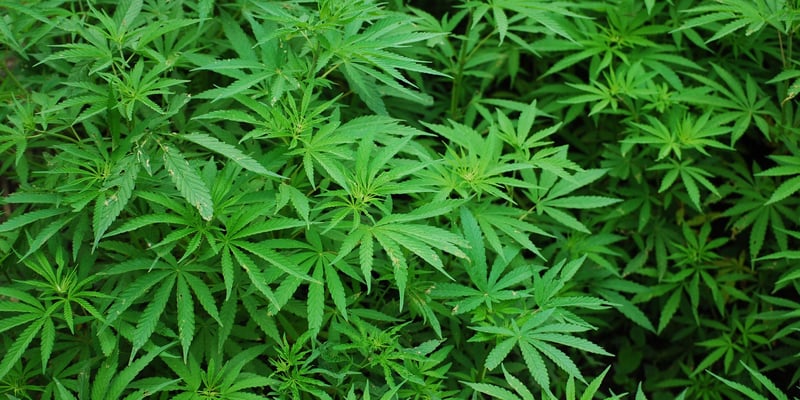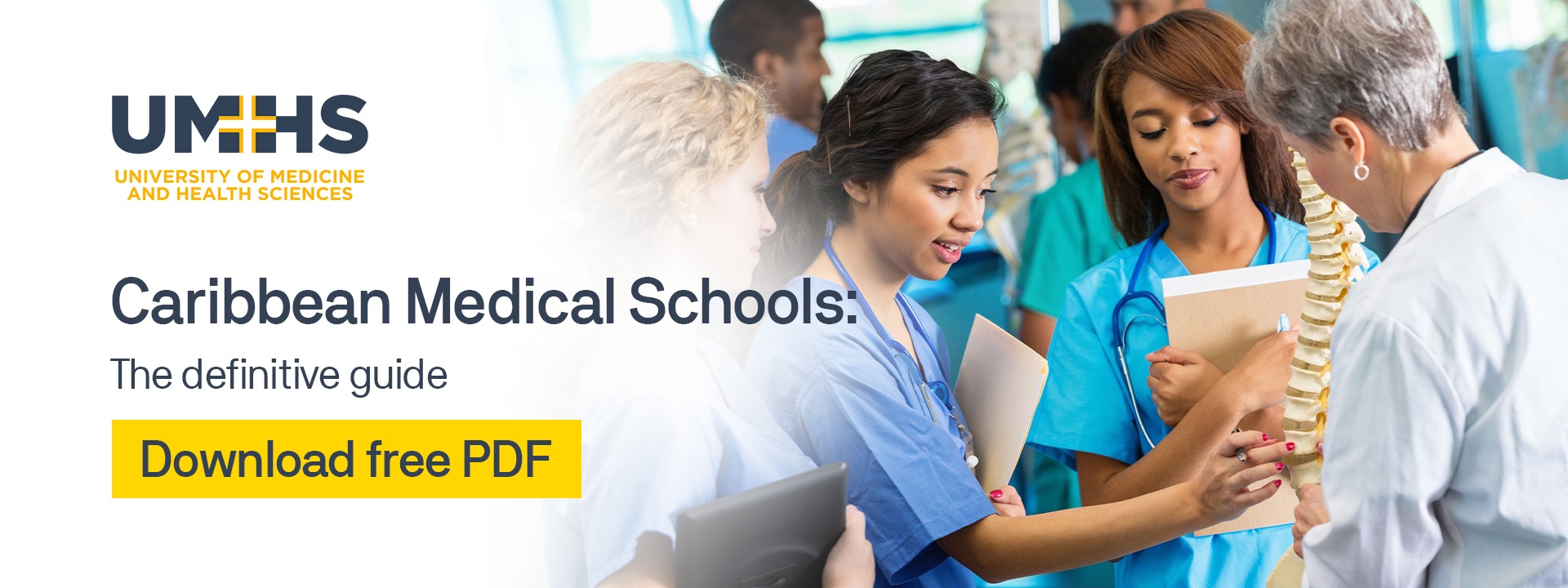 Medical marijuana is a divisive issue, but recent passages of laws in 21 states and the District of Columbia show it is inevitable that “pot” will eventually become legal in all 50 states for either medical or recreational use. Medical marijuana has been legal in California since 1996, while Colorado and Washington State recently legalized it for non-medical use. New York Governor Andrew Cuomo signed an executive order this week, making small amounts of medical marijuana legal in New York State without the need for a public referendum.
Medical marijuana is a divisive issue, but recent passages of laws in 21 states and the District of Columbia show it is inevitable that “pot” will eventually become legal in all 50 states for either medical or recreational use. Medical marijuana has been legal in California since 1996, while Colorado and Washington State recently legalized it for non-medical use. New York Governor Andrew Cuomo signed an executive order this week, making small amounts of medical marijuana legal in New York State without the need for a public referendum.
(Photo, inset right) UP IN SMOKE? Criminalization of marijuana is becoming a thing of the past. Photo: FreeDigitalPhotos.net
Although marijuana is technically an illegal drug under federal law, the Huffington Post reported that the U.S. Justice Department will not challenge state legalization laws “as long as they don't conflict with eight federal enforcement priorities,” such as no pot to minors, trafficking the drug and “funneling marijuana revenue to gangs and cartels.”
The UMHS Pulse looks at medical marijuana from scientific, medical and economic perspectives.
Scientific and Medical Views
 Medical marijuana can be beneficial to people suffering from glaucoma, HIV, cancer, epilepsy and various illnesses. However, different types of marijuana are needed to properly treat patients depending on their ailment.
Medical marijuana can be beneficial to people suffering from glaucoma, HIV, cancer, epilepsy and various illnesses. However, different types of marijuana are needed to properly treat patients depending on their ailment.
Earlier this week, USA Today reported that medical marijuana dispensaries and patients are turning to laboratories to evaluate the effectiveness of cannabis plants and “identify potentially harmful substances and pinpoint the potency of plants and cannabis-infused products, from caramels and ‘cherry roll’ candies to butter.”
(Photo, inset right): WHAT'S IN YOUR WEED? Patients need to know what is in the medical marijuana they have been prescribed, particularly if they have been diagnosed with a serious disease .Photo: FreeDigitalPhotos.net
Such states as Illinois and Massachusetts have mandatory lab testing of medical marijuana. USA Today spoke to Steve Cottrell of AZ Medical Testing in Phoenix about the need to test marijuana for medical use. Mr. Cottrell said marijuana “should be tested for mold, bacteria and fungus, which can weaken patients' respiratory systems.” His company tests for “active cannabinoids — including CBDs, CBG, THC and THCA — the chemicals responsible for many of the physical and psychological effects of marijuana.”
Patients need to know what is in the medical marijuana they have been prescribed, particularly if they have been diagnosed with cancer or HIV.
"Patients with a compromised immune system, this can further their ailment and make it more dangerous for them to consume the medicine," Mr. Cottrell said. "So that's why we need to make sure all of the samples that we're testing are free of mold and microtoxins [that patients can't see unless] they have a microscope and they know what they're looking for."
Some marijuana contains pesticides and other chemicals that can be particularly harmful for people with weak immune systems, but not all labs test for these toxins.
The American Medical Association has become more vocal about medical marijuana over the years. At the height of the AIDS pandemic in the 1990s, medical marijuana was prescribed to HIV patients to help them regain their appetite and gain weight. Such prescription drugs as the pill Marinol (tetrahydrocannabinol) were standard for AIDS patients, and were also prescribed for cancer patients to prevent the nausea caused by chemotherapy.
Back in 2001, the AMA released the following statement regarding medical marijuana:
“The AMA urges the National Institutes of Health (NIH) to implement administrative procedures to facilitate grant applications and the conduct of well-designed clinical research into the medical utility of marijuana. This effort should include:
- Disseminating specific information for researchers on the development of safeguards for marijuana, clinical research protocols and the development of a model for informed consent on marijuana for institutional review board evaluation;
- Sufficient funding to support such clinical research and access for qualified investigators to adequate supplies of marijuana for clinical research purposes;
- Confirming that marijuana of various and consistent strengths and/or placebo will be supplied by the National Institute on Drug Abuse to investigators registered with the Drug Enforcement Agency who are conducting bona fide clinical research studies that receive Food and Drug Administration approval, regardless of whether or not the NIH is the primary source of grant support.”
In 2009, the AMA revised its policy and issued the following statement, “Our AMA urges that marijuana's status as a federal Schedule I controlled substance be reviewed with the goal of facilitating the conduct of clinical research and development of cannabinoid-based medicines, and alternate delivery methods. This should not be viewed as an endorsement of state-based medical cannabis programs, the legalization of marijuana, or that scientific evidence on the therapeutic use of cannabis meets the current standards for a prescription drug product."
The American College of Physicians (ACP) had many positive things to say about medical marijuana in its article “Supporting Research into the Therapeutic Role of Marijuana” (www.acpoline.org) back in 2008.
Even six years ago, ACP was for decriminalizing the use of marijuana.
"ACP urges review of marijuana's status as a schedule I controlled substance and its reclassification into a more appropriate schedule, given the scientific evidence regarding marijuana's safety and efficacy in some clinical conditions,” the article said. “ACP strongly supports exemption from federal criminal prosecution; civil liability; or professional sanctioning, such as loss of licensure or credentialing, for physicians who prescribe or dispense medical marijuana in accordance with state law.
Similarly, ACP strongly urges protection from criminal or civil penalties for patients who use medical marijuana as permitted under state laws."
Discover if a Caribbean Medical School is right for you.
Learn about the most popular alternative path to becoming a doctor.
Disadvantages of Medical Marijuana
The quality of medical marijuana is just one problem. The SurvivalDoctor.com lists numerous complications:
“The FDA announced in 2006 there were “No sound scientific studies” that supported the use of medical marijuana. Why is there any debate? Any physician who prescribed a drug unapproved by the FDA would lose his or her license. Why is this one drug above the law? The state of California is knowingly violating federal law by allowing the use of “medical marijuana.”
“Long-term marijuana use leads to structural changes in the brain. One study showed hippocampal volume in cannabis users was inversely correlated with cumulative exposure to the drug in the left, but not right, hemisphere—a finding that suggests “the left hippocampus may be particularly vulnerable to the effects of cannabis exposure and may be more closely related to the emergence of psychotic symptoms.”
Atrial fibrillation should be included in the cardiovascular complications of marijuana smoking. Physicians should be aware of this particular association and carefully investigate patients with marijuana-related palpitations, dizziness or fainting. On the other hand, whenever a young patient without predisposing factors develops atrial fibrillation, the possibility of marijuana smoking should be examined as a potential cause. Although the exact clinical impact of this association is not clear, yet its incidence in the general population is probably underestimated.
On January 8, 2014, the news wire service Reuters published a story about the complications of medical marijuana legalization, “New York’s Medical Marijuana Law Excludes Some Who Seek the Drug”.
Reuters mentioned how Governor Cuomo’s executive order legalizing medical marijuana is too limited for some “It will remain illegal to grow marijuana or to import specialized plants from other states,” reporter Edith Honan wrote. “The order limits the number of hospitals that can dispense marijuana and allows its use only to treat diseases such as cancer and glaucoma, according to several people briefed on the plan.”
The story explored how certain strains of medical marijuana, specifically kinds that help children with seizures, are not legal in New York under Governor Cuomo’s law.
Economic Impact
The Huffington Post listed the many economic advantages of legalizing medical marijuana in the story “14 Ways Marijuana Legalization Could Boost the Economy”.
Some of the surprising monetary benefits include:
- $13.7 billion saved on prohibition enforcement costs
- Estimated $500 million in tax revenue for Washington State
- Estimated $60 million saved by Colorado legalization
- Legalization could reduce marijuana prices
- Huge prison cost savings (for prisoners on marijuana-related charges)
- Marijuana prohibition costs taxpayers $41.8 billion a year
- California marijuana crop worth $14 billion a year
- Illegal marijuana a $36 billion a year industry
- Oakland , CA raised more than $1 million in marijuana tax revenue in 2011
- Colorado pulls in $5 million from pot sales tax
- Legal marijuana could be $100 billion industry
(Top photo) Photo: Pixabay
About UMHS:
Built in the tradition of the best US universities, the University of Medicine and Health Sciencesfocuses on individual student attention, maintaining small class sizes and recruiting high-quality faculty. We call this unique approach, “personalized medical education,” and it’s what has led to our unprecedented 96% student retention rate, and outstanding residency placements across the US and Canada. UMHS is challenging everything you thought you knew about Caribbean medical schools.

Scott is Director of Digital Content & Alumni Communications Liaison at UMHS and editor of the UMHS Endeavour blog. When he's not writing about UMHS students, faculty, events, public health, alumni and UMHS research, he writes and edits Broadway theater reviews for a website he publishes in New York City, StageZine.com.

















